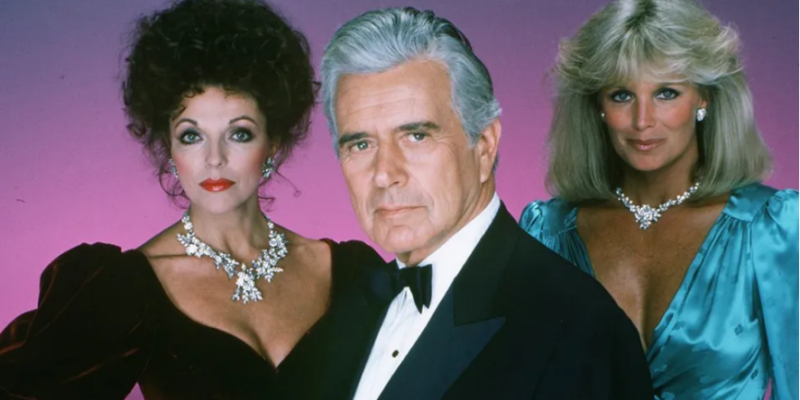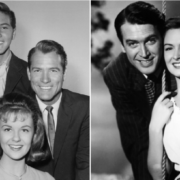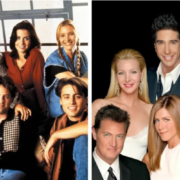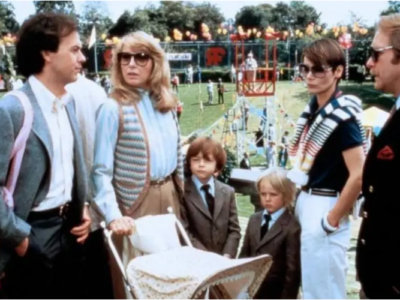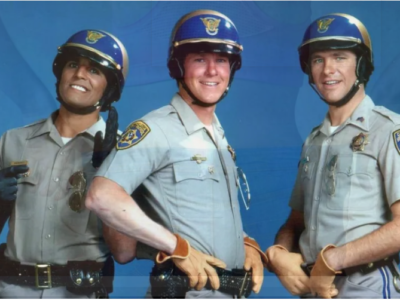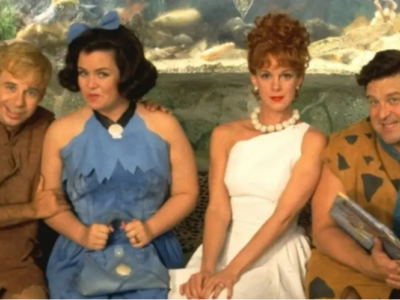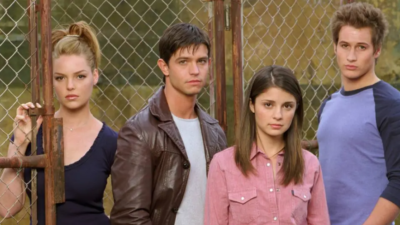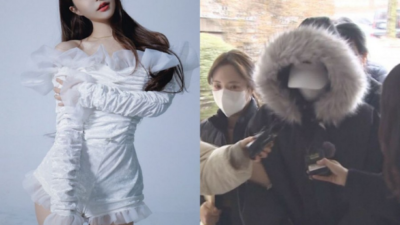Introduction: Defining the Cast of Dynasty History
Contents
- 1 Introduction: Defining the Cast of Dynasty History
- 2 The Power of Representation in Media
- 3 The Evolution of Diversity in Casts of Historical Dramas
- 4 Highlighting the Impact of Accurate Cast of Dynasty History
- 5 Challenges Faced by Historically Accurate Casting
- 6 Case Studies: Examples of Successful Castings in Historical Dramas
- 7 Moving Forward: The Future of Diversity and Accuracy in Casts of Historical Dramas
- 8 Conclusion: Embracing
The cast of dynasty history plays a crucial role in shaping our understanding of the past. These portrayals can influence how we perceive significant events and figures from bygone eras. It’s not just about who takes center stage on-screen; it’s about representation, authenticity, and the stories that are told—or left untold.
As viewers, we find ourselves immersed in different cultures and timelines through these performances. But have you ever stopped to consider the impact this casting has? From historical accuracy to diversity in storytelling, the choices made by producers can resonate far beyond entertainment value. Let’s dive into why exploring the cast of dynasty is more than just an appreciation for talent—it’s a critical examination of history itself.
The Power of Representation in Media
Representation in media shapes how we view history and ourselves. When diverse voices are included, stories become richer and more relatable. Audiences can see parts of their identity reflected on screen, fostering a sense of belonging.
The cast of dynasty plays a crucial role here. A well-cast historical drama not only entertains but also educates viewers about different perspectives and cultures. It challenges stereotypes and opens up discussions about society’s complexities.
When characters reflect varied backgrounds, it encourages empathy among audiences. This connection to the narrative deepens our understanding of past events as seen through multiple lenses. Representation matters because it validates experiences that have often been overlooked or marginalized.
Each casting decision sends a message about who is valued in storytelling. The impact goes beyond just entertainment; it’s about creating an inclusive space where everyone’s story counts.
The Evolution of Diversity in Casts of Historical Dramas
Historical dramas have undergone a significant transformation over the years. Once dominated by uniform casts, these productions are now embracing a broader spectrum of diversity.
Nowadays, creators recognize that audiences crave authenticity and representation. This shift reflects not only societal changes but also an understanding that history is multifaceted. By including diverse casts, filmmakers can tell richer stories.
The influx of actors from different backgrounds brings new perspectives to historical figures and events. Characters come alive in ways that resonate with modern viewers.
Moreover, this evolution challenges stereotypes often perpetuated by traditional casting choices. It opens doors for underrepresented communities to see themselves reflected on screen.
As historical accuracy becomes intertwined with inclusive storytelling, the landscape continues to change dynamically. Audiences expect more than just conventional narratives; they seek depth and relatability in their viewing experience.
Highlighting the Impact of Accurate Cast of Dynasty History
Accurate casting in historical dramas, especially those depicting dynasties, plays a crucial role in shaping narratives. When actors embody roles that reflect the true essence of their characters, it enhances authenticity.
This accuracy resonates with audiences who seek genuine representations of history. It allows viewers to connect emotionally with stories and figures that have shaped our world.
Moreover, accurate cast of dynasty helps educate people about different cultures and time periods. It creates an opportunity for dialogue around heritage and identity.
When actors portray historical figures convincingly, they breathe life into past events. This connection fosters a deeper understanding of history’s complexities.
The impact extends beyond entertainment; it influences how we perceive societal values and norms across generations. As such, accurate representation is not just beneficial but essential for meaningful storytelling in cast of dynasty histories.
Challenges Faced by Historically Accurate Casting
Cast of dynasty historical figures is no easy task. Filmmakers often grapple with the challenge of balancing authenticity and audience expectations. A character’s race, gender, or even body type can lead to debates about accuracy versus representation.
Additionally, historical records are sometimes sparse or biased. This makes it difficult to depict a fully rounded character without falling into stereotypes. The pressure to create relatable characters may compromise the integrity of their real-life counterparts.
Producers face scrutiny from both fans and critics who demand faithfulness to history while also calling for diversity in casting choices. Striking this balance presents significant hurdles.
Moreover, actors themselves may feel overwhelmed by the responsibility of embodying someone whose legacy carries weight in society. Addressing these challenges requires thoughtful dialogue among creators about representation and storytelling priorities within the industry.
Case Studies: Examples of Successful Castings in Historical Dramas
One standout example of successful casting in historical dramas is the acclaimed series “The Crown.” The show features a diverse ensemble that brings authenticity to its portrayal of British royalty. Claire Foy’s performance as Queen Elizabeth II captivated audiences, showcasing her vulnerability and strength.
Another noteworthy case is “Vikings,” which has been praised for its nuanced representation of Norse culture. Actors like Katheryn Winnick and Alexander Ludwig add depth, challenging traditional stereotypes associated with Viking characters.
“Bridgerton” took a bold step by introducing actors from various backgrounds into Regency-era roles. This approach not only reimagined history but also resonated with contemporary viewers seeking representation on screen.
Each of these examples illustrates how thoughtful casting can elevate historical narratives while engaging wider audiences, showing the powerful connection between accurate representation and storytelling.
Moving Forward: The Future of Diversity and Accuracy in Casts of Historical Dramas
The landscape of historical dramas is shifting. Audiences demand authenticity, and the cast of dynasty narratives plays a crucial role in this evolution. Producers are increasingly recognizing that diverse representation not only enriches storytelling but also resonates with wider audiences.
As we move forward, cast of dynasty decisions will prioritize inclusivity. Historically marginalized voices are beginning to take center stage. This shift allows for more nuanced portrayals and fresh perspectives on familiar tales.
However, challenges remain. Balancing historical accuracy with modern sensibilities can be tricky. Filmmakers must navigate these complexities while staying true to the essence of history.
With technological advancements in storytelling techniques, there’s potential for innovative approaches that honor diverse backgrounds without compromising integrity. The future promises exciting developments where every character reflects the rich tapestry of our collective pasts—making history come alive for everyone watching.
Conclusion: Embracing
Embracing the importance of a diverse and accurately cast group in historical dramas can pave the way for more authentic storytelling. The dynamics within the cast of dynasty history are not just about filling roles; they shape viewers’ perceptions and understanding of various cultures and periods.
Representation matters. When audiences see themselves reflected on screen, it fosters connections that transcend mere entertainment. With evolving societal norms, there is an increasing expectation for authenticity in cast of dynasty choices. This trend benefits both creators and audiences alike.
Success stories from past productions highlight how thoughtful casting can elevate narratives, making them richer and more relatable. As we move forward, it’s crucial to advocate for diversity while ensuring that historical accuracy remains at the forefront.
The future looks promising as industry standards shift toward inclusivity without sacrificing integrity. Embracing these changes enables us to appreciate history through a multifaceted lens—one that celebrates all its complexities and nuances. Every story deserves to be told with respect for those who lived it, inviting everyone into a shared cultural experience where every voice matters.


